That’s interesting: “Good research always has an element of a good cock-and-bull story”
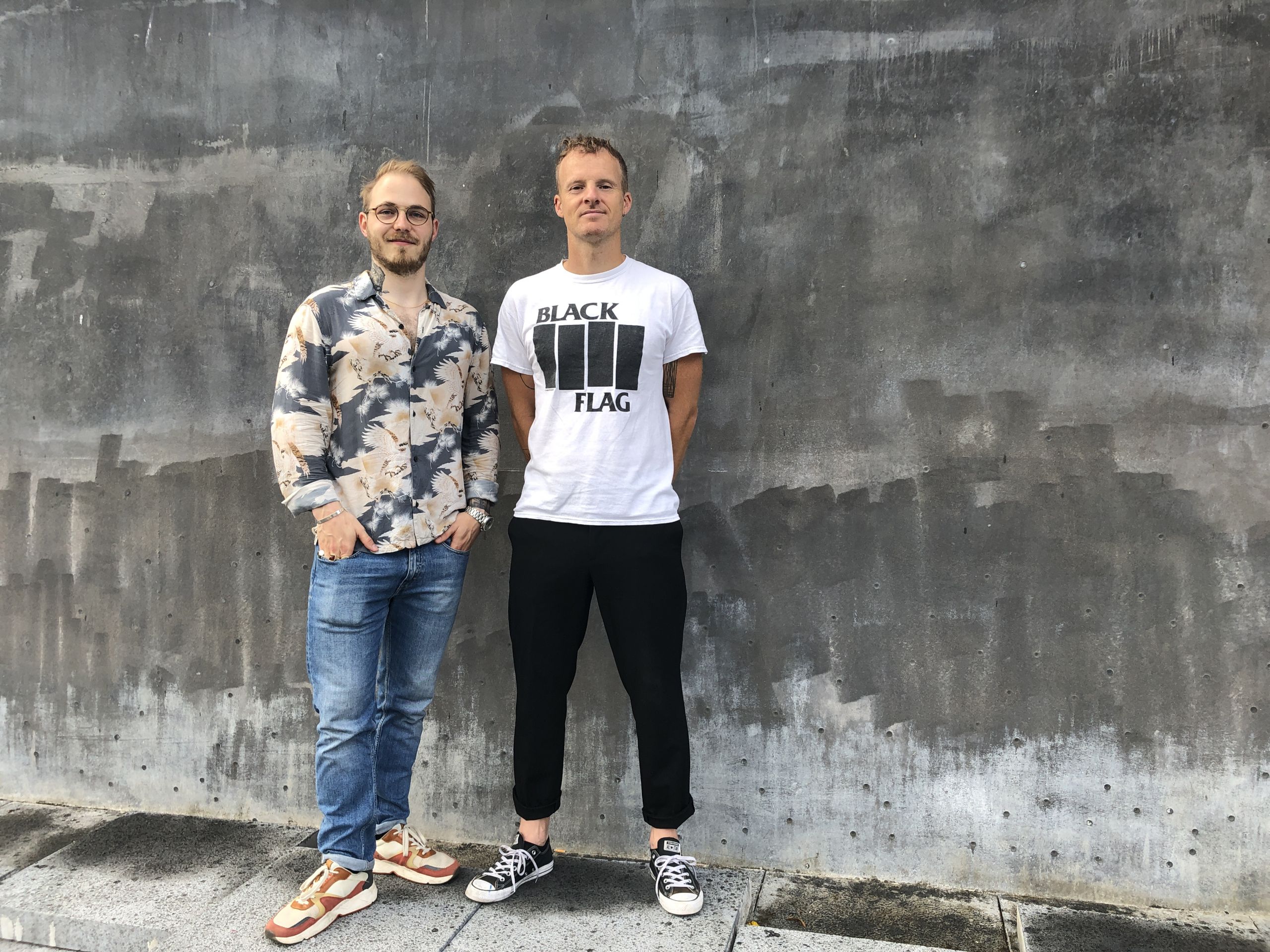
Jannick Friis Christensen and Thomas Burø have come up with a concept for young researchers.(Photo: Anne Thora Lykkegaard)
Postdoc Jannick Friis Christensen and PhD Thomas Burø from CBS have created the concept ‘That’s interesting’. A kind of science club where researchers and everyone else can hang out and listen to new research being presented. The first event explores how DKK 2,500 million disappears into tax havens every year, and how the oldest building material, wood, is enjoying a revival.
In a scientific article from 1971, Murray S. Davis asked a question: “How do theories which are generally considered interesting differ from theories which are generally considered non-interesting?”
The answer?
“Interesting theories are those which deny certain assumptions of their audience, while non-interesting theories are those which affirm certain assumptions of their audience.”
The scientific article, titled ‘That’s Interesting’, and its conclusions, which turn 50 this year, are important ingredients of a new concept cooked up by the two CBS researchers Jannick Friis Christensen and Thomas Burø.
Every last Wednesday in the month, starting from September, they will host the event ‘That’s Interesting’ at Råhuset in Copenhagen’s Meatpacking District. There, two young researchers from completely different fields will present their research to whatever audience shows up on the night. The drawback? They must hold the presentation without PowerPoints.
“We would like to do what the article says. Present research that challenges or breaks with basic assumptions. What happens with a lot of research communication today is that the people who show up for the usual presentations already know a lot about the given subject. You cannot surprise them,” explains Jannick Friis Christensen, Postdoc at the Department of Management, Politics and Philosophy at CBS and continues:
“That’s why we have created a format where two researchers from totally unrelated fields will share the stage. In that way, they meet each other, and if you only came because you are interested in one of the topics, you get two. It’s like a package deal.”
A down-to-earth atmosphere
For the first event on September 29, Rasmus Colin Christensen, Postdoc at CBS will talk about how to make DKK 2,500 billion disappear into tax havens every year, while Emil E. Thybring, Associate Professor at the University of Copenhagen, will hold a presentation about wood – the world’s oldest, and yet most modern type of material.
Researchers are used to presenting their work, at departmental level and at academic conferences. But Thomas Burø, PhD, wanted a third space. A club-style venue.
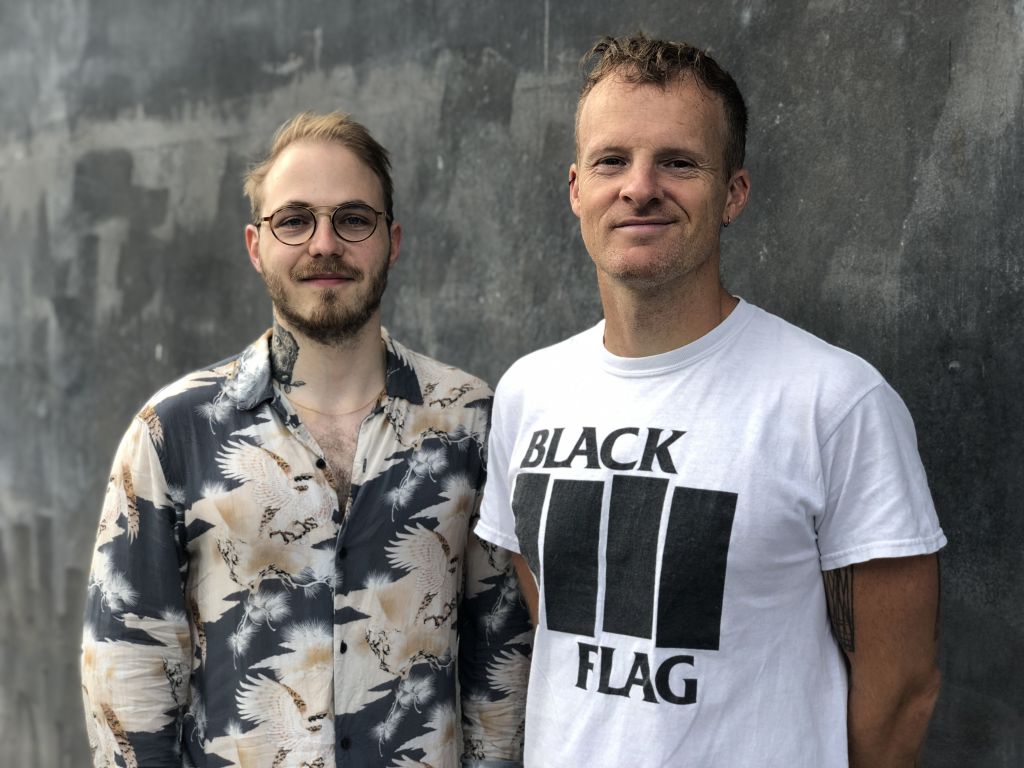
(Photo: Anne Thora Lykkegaard)
“We would like to create a space with a down-to-earth atmosphere. A place to hang out, but also a curious place where researchers can present their research to a different crowd. You can think of it as a sort of club,” says Thomas Burø and continues:
“That’s also why we have decided that the researchers cannot use PowerPoint slides during their presentations. But they can make banners or have all sorts of props with them to get their knowledge across.”
A club of good stories
Thomas Burø and Jannick Friis Christensen specifically want the platform to be for younger researchers; PhDs, Postdocs, Assistant Professors and Associate Professors in their first years. According to them, it is important for junior faculty to become acquainted with various ways of communicating.
“Many Associate Professors and Professors have huge networks and platforms through which they can communicate already. Also, they are frequently contacted by media outlets that seem to have them on speed dial. But junior faculty do extended fieldwork and really immerse themselves in an empirical setting when collecting data. So, they too have some great stories to tell and interesting knowledge to share,” says Jannick Friis Christensen.
Thomas Burø adds:
“It’s important to become good at communicating. It’s part of being a researcher that you can share your knowledge with the public. Therefore, you need to be able to communicate in different forums and learn to recognize how to communicate with whom,” he says.
Therefore, he hopes that the club-style format, where young researchers meet each other across fields, can act as a steppingstone to better communication, but also to a broader network outside the researchers’ own universities and fields of research.
“You have these superstar researchers who have become really good communicators and entertainers. And then you have all the rest. Therefore, there’s something cool in finding a third way of communicating where you don’t need to be a performer, but still get your knowledge across in a moving and entertaining way,” he says and continues:
“Because as I see it, good research always has an element of a good cock-and-bull story to it. And we want to hear those stories too. I hope this club and concept will be known for its good stories – and also it’s great tall tales.”



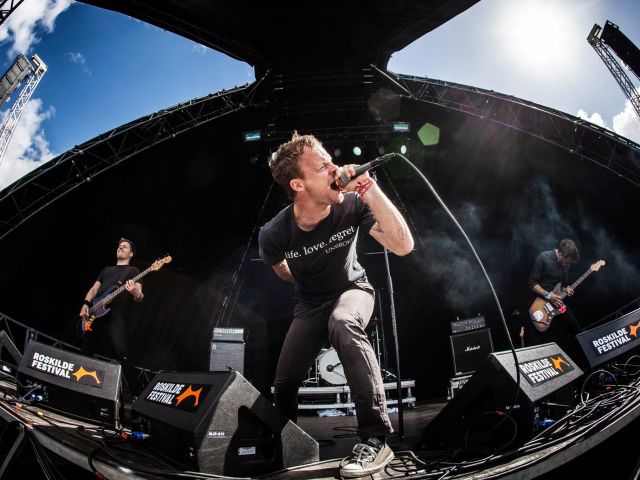
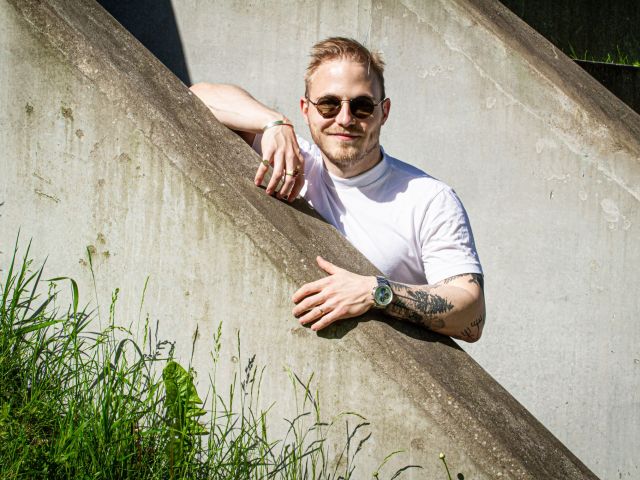
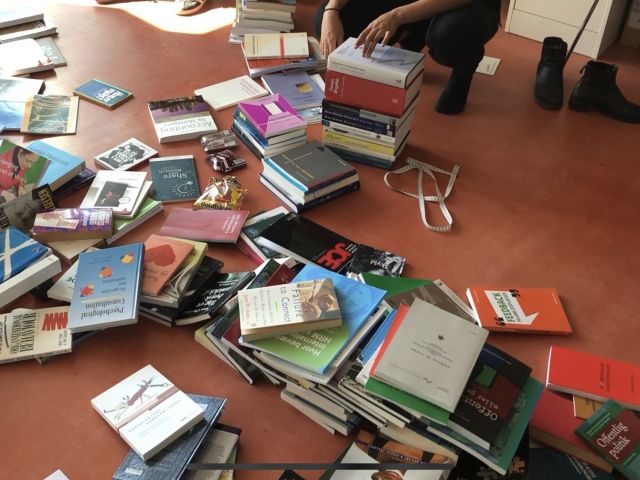
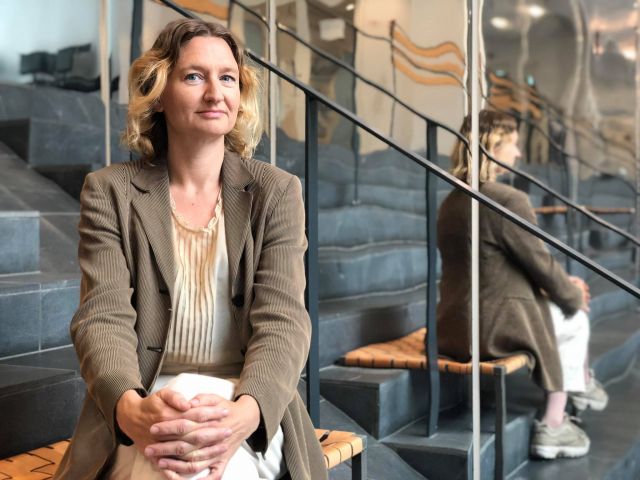
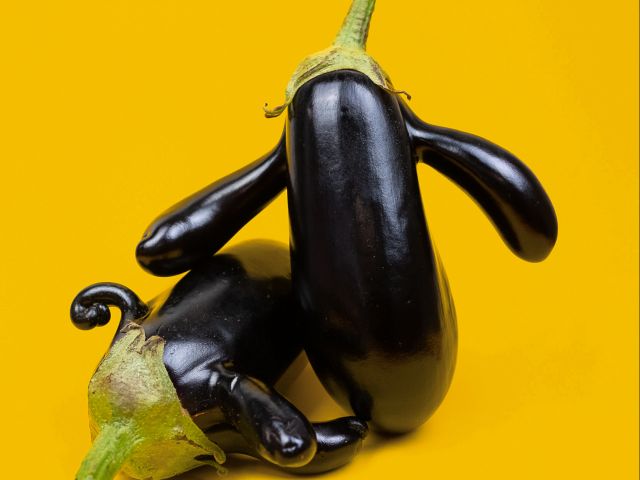
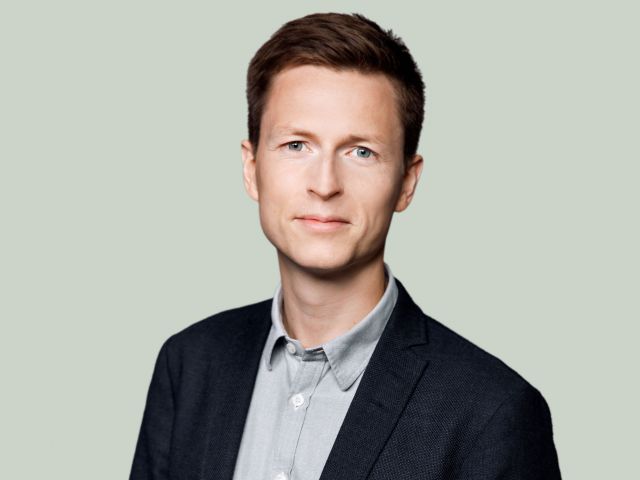
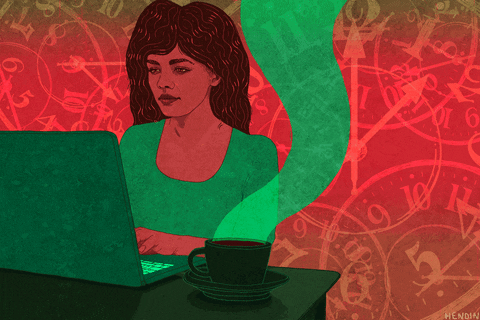





























































































































A simple idea, but a very good one. Two academics present their research on a little stage without any technical aids, the audience sits around little tables and enjoys beers or hot drinks (it was raining cats and dogs!) while learning about something, most of us had rather superficial insight in. The atmosphere was cosy and the discussion after the talks engaging. I definitely recommend this format and event!